As a fire fighter/paramedic, you are often exposed to traumatic calls many times over the course of your career. These experiences can lead to poor mental health that can affect your professional capacity and personal life. A 2011 study in the Journal of Occupational and Environmental Medicine found that more than half of fire fighters reported sleep deprivation and binge drinking, 21% reported poor mental health, 14% reported risky levels of drinking and 11% reported depression.
Some fire fighters may ignore these symptoms hoping they’ll go away. When the added occupational stress leads to issues, including addiction or post-traumatic stress disorder (PTSD), a mental health or substance abuse intervention may be necessary. The first step in getting help for a fire fighter may be learning how to hold a successful intervention.
What Is an Intervention?
An intervention is a process where a crew or family comes together to confront someone about their addiction or mental health condition and tries to convince them to accept treatment. Sometimes, it includes the help of an addiction specialist or interventionist. The ultimate goal is to convince the fire fighter to accept help, usually in the form of an inpatient treatment facility.
How to Stage an Intervention
Staging an intervention requires planning and preparation. It should not be undertaken on a whim. It is important that everyone participating in the intervention process is aware of the fire fighter’s struggles and is prepared to share how they have been affected.
The following intervention steps can help:
- Step One: Gather an Intervention Team. A family intervention requires a team of people who will participate in the intervention meeting. Besides close family, involving a fellow crew member in the intervention process can be valuable as he or she understands the traumatic experiences that contribute to addiction or PTSD. The intervention team should include people the fire fighter respects, trusts and depends on. If the fire fighter doesn’t have a generally positive regard for the person who is asking them to get help, it’s less likely they’ll listen.
- Step Two: Develop an Intervention Plan. Everyone on the intervention team should be part of developing an intervention plan, including what is going to be said and what sort of treatment will be offered. Team members should prepare to tell the fire fighter how their addiction has negatively impacted their lives. It may be helpful to write a prepared statement. The team should also research treatment options to give the fire fighter a specific facility to call or action to take.
- Step Three: Set Boundaries. Setting boundaries with addicted family members is an essential piece of the intervention process. Family members and even crew members may have enabled the fire fighter’s addiction by ignoring the problem, making excuses for them or taking care of their responsibilities. During the intervention, participants must be prepared to tell their fire fighter that these enabling behaviors will not continue. It may be necessary for some to hear that their loved ones will no longer be a part of their life if they fail to seek treatment.
- Step Four: Prepare and Rehearse. Once the plan is in place, the team should meet to rehearse the intervention to know what to say during an intervention. These sorts of conversations can be difficult but rehearsing them can make the process easier. Your rehearsal should also include a back-up plan if the fire fighter refuses to listen or refuses to accept the treatment offered. It’s very important to consider and be prepared for both the best-case and worst-case scenario outcomes of the intervention. In the worst-case scenario, the fire fighter may refuse treatment and attempt to cut off relationships with those who held the intervention. If those members involved cannot accept this possibility, it may be time to reconsider if this is the right time for an intervention.
- Step Five: Hold the Intervention. The team should decide on an appropriate date and location for the intervention. Pick a time when it’s unlikely the person will be under the influence of drugs or alcohol, as that can make the process ineffective. During the intervention, it is important to remain calm, adhere to the plan and be prepared to address any of the fire fighter’s concerns about seeking treatment. After the meeting, intervention follow-up involves sticking to whatever boundaries you set during the intervention. For example, if you told the fire fighter you would no longer provide money for alcohol, it is vital to keep this boundary.
Intervention Help from a Specialist
While it is possible to conduct an intervention without one, a professional interventionist can make the process easier. An intervention specialist has experience with conflict mediation, crisis intervention and addiction and mental health treatment and can provide you with professional guidance throughout the process. For example, a professional interventionist can help you select a treatment program, understand the nuances of addiction and mental illness and decide on healthy boundaries to set. The interventionist can also help keep the meeting on track and de-escalate any conflict that may arise during the intervention. Ultimately, the interventionist provides support to the family and the fire fighter during an emotional time. Contact a local addiction treatment center to find a professional interventionist who can assist your family during this process.
The IAFF Center of Excellence Is Open and Ready to Help
The IAFF Center of Excellence for Behavioral Health Treatment and Recovery is for IAFF members struggling with addiction, PTSD and other co-occurring mental health problems. The Center remains open to serve IAFF members, while continuously adapting patient screening, contact precautions and isolation protocols as recommended by the Centers for Disease Control and Prevention (CDC). To learn more about the COVID-19 Center of Excellence Patient Safety plan, click here.
For the latest updates, behavioral health resources and IAFF guidelines for responding to COVID-19, visit www.iaff.org/coronavirus.





